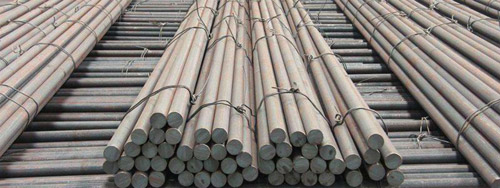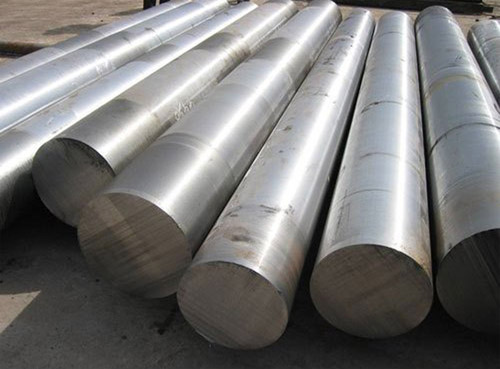Sunday: Close
Alloy steel is steel that is alloyed with a variety of elements in total amounts between 1.0% and 50% by weight to improve its mechanical properties Alloy steels are broken down into two groups: low alloy steels and high alloy steels. The difference between the two is disputed. Smith and Hashemi define the difference at 4.0%, while Degarmo, et al. , define it at 8.0%. Most commonly, the phrase "alloy steel " refers to low-alloy steels.
The simplest steels are iron (Fe) alloyed with carbon(C) (about 0.1% to 1%, depending on type) and nothing else (excepting negligible traces via slight impurities); these are called carbon steels. However, the term "alloy steel" is the standard term referring to steels with other alloying elements added deliberately in addition to the carbon. Common alloyants include manganese (the most common one), nickel, chromium, molybdenum, vanadium, silicon, and boron Less common alloyants include aluminium, cobalt, copper, cerium niobium, titanium, tungsten, tin, zinc, lead and zirconium.
The following is a range of improved properties in alloy steels (as compared to carbon steels): strength hardness, toughness, wear resistance, corrosion resistance, hardenability and hot hardness. To achieve some of these improved properties the metal may require heat treating.
Although alloy steels have been made for centuries, their metallurgy was not well understood until the advancing chemical science of the nineteenth century revealed their compositions. Alloy steels from earlier times were expensive luxuries made on the model of "secret recipes " and forged into such tools as knives and swords. Modern alloy steels of the machine age were developed as improved tool steels and as newly available stainless steels. Today alloy steels find uses in a wide array of applications, from everyday hand tools and flatware to highly demanding applications such as in the turbine blades of jet engines and in nuclear reactors.




EN8 / EN18 / 20MNCR5 / 4140
Available special grades as required for different industries.
